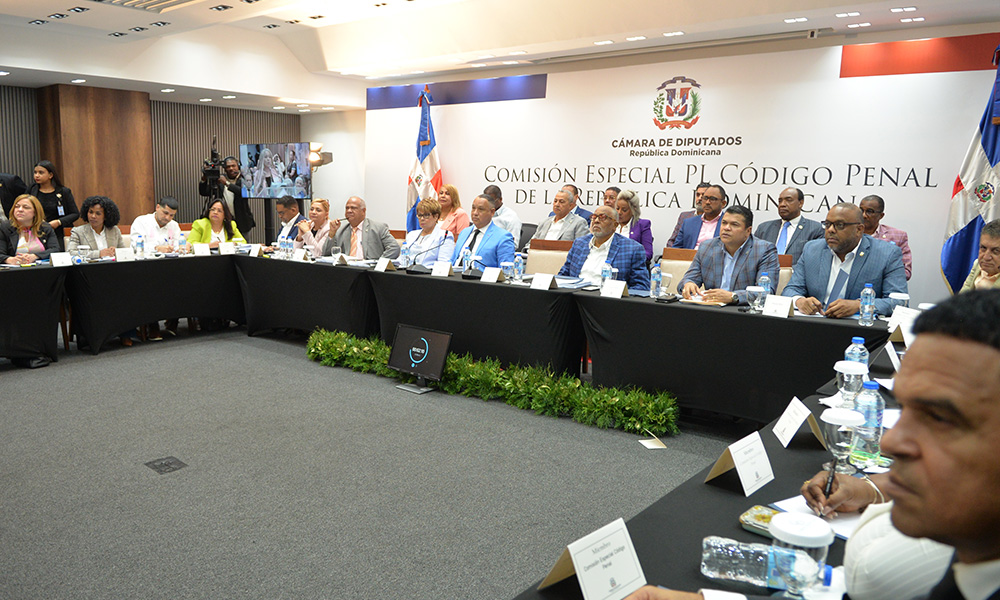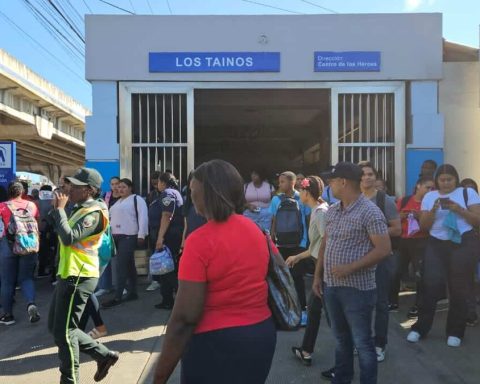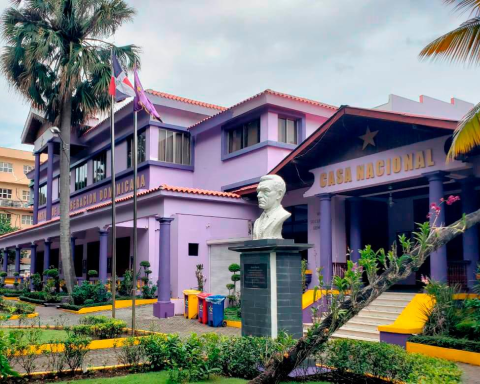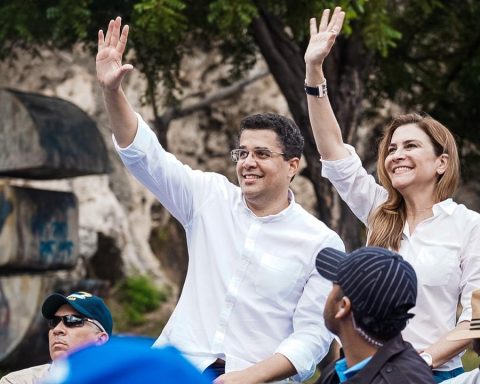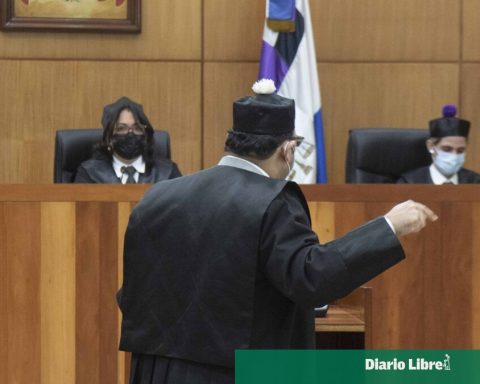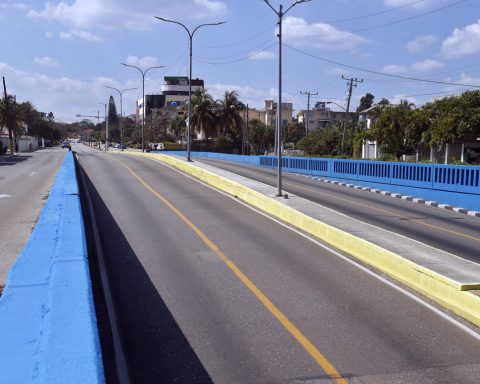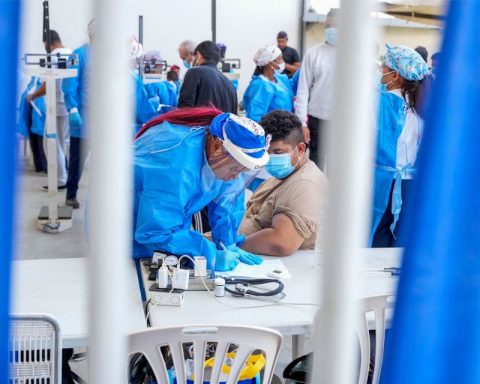The Special Commission of the Chamber of Deputies proposed an amendment to Article 328 of the Criminal Code, extending the statute of limitations for crimes against public property to 20 years from the date of termination of public office.
The proposed amendment is contained in the management report submitted by the Commission, despite the end of the legislative period and the impossibility of presenting its final report.
This means that, according to Article 328 of the bill, the Dominican justice system will not be able to investigate or punish administrative crimes if they were committed two decades ago.
Article 328 of the draft Penal Code, which establishes the statute of limitations for corruption crimes, had previously been incorporated into the Penal Code initiative that was approved by Congress in 2022. However, this initiative could not become law due to ideological differences on issues such as abortion and discrimination.
Senator Antonio Taveras Guzmán proposed that corruption should not be subject to statutes of limitations, without time limits. The Senate rejected the proposal, considering it “unconstitutional.”
The bill comprehensively defines the crimes that are considered corruption, including extortion, bribery, influence peddling, misappropriation of public funds, illicit enrichment, conflict of interest, illegal overvaluation and irregular payments.
The proposed reform of the Penal Code would impose a penalty of up to ten years of imprisonment for the crime of corruption.
The Commission was unable to present a final report due to the importance of the bill, the broad participation of society and the conclusion of the current legislative session.
In addition to Article 328, it was agreed to propose amendments to the following articles of the Penal Code: 14, 20, 24, 73, 86, 87, 89, 109, 111, 113, 123, 127, 130, 132, 133, 135, 136, 139, 140, 161, 226, 288, 289, 290, 295, 302 and 328.
The report
This management report merges three initiatives and unifies contributions from various public institutions, including input from public hearings.
In the document, the Commission aims to clarify the importance of preserving evidence and the historical memory of its work.
According to the report, changes have been made to more than 80% of the proposals submitted during the public hearings.
The Commissioners consider that the analysis of the proposals presented in the report requires an extended period of time to carry out more in-depth research in specific areas.
The report also suggests to the Plenary of the Chamber of Deputies that the Commission be restructured during the upcoming Ordinary Legislature, due to the conclusion of the mandatory periods as deputies.
The Special Commission is composed of Fiordalisa Peguero, Rosa Gilda Genao, Isabel de la Cruz, Gustavo Sanchez, Servia Iris Familia, Rafaela Alburquerque, Sadoky Duarte, Ramon Bueno, Soraya Suarez, Jesus Sanchez, Anibal Diaz, Saury Mota, Edro Martinez, Elias Wessin, Braulio Jesus, Maximo Castro, Rafael Castillo and Melido Mercedes. This commission is chaired by Alexis Jimenez, who also chairs the permanent commission on Justice.
Commission merged three projects
The Special Commission on the Penal Code of the Dominican Republic, chaired by Deputy Alexis Jiménez, was appointed to study and examine three bills: the draft law on the Penal Code of the Dominican Republic, the draft law amending the Penal Code, and the draft law on the Penal Code.
She was appointed to present the bills on the 11th of this month, with a deadline of the 17th to present her final report, which she was unable to do.
In his management report, he indicates that he assumed the study of the reforms with responsibility and transparency, seeking to strengthen the confidence of the citizens in the legislative process. He had the advice of Ricardo Rojas León, Ramón Antonio Peña Meléndez and Francisco Franco.
This Commission declared itself in permanent session for the exhaustive analysis of the proposals for modifications to the Penal Code.
The aim was to proceed with integrity and clarity to ensure a transparent and credible legislative process, to thoroughly analyse the initiatives presented along with their potential implications, and to produce a final report with recommendations for the Plenary.
